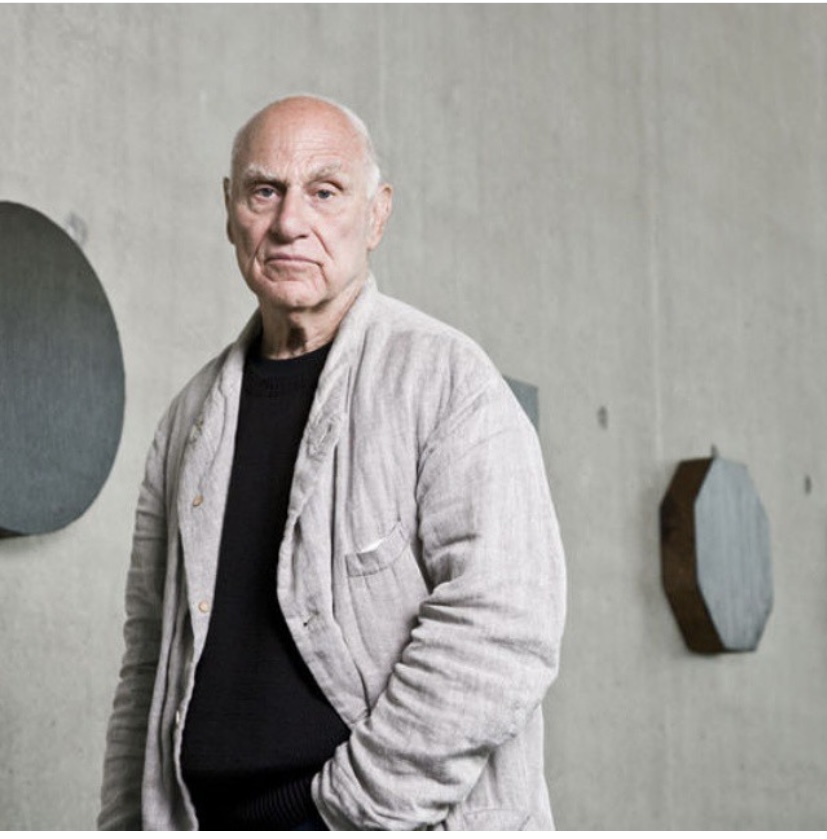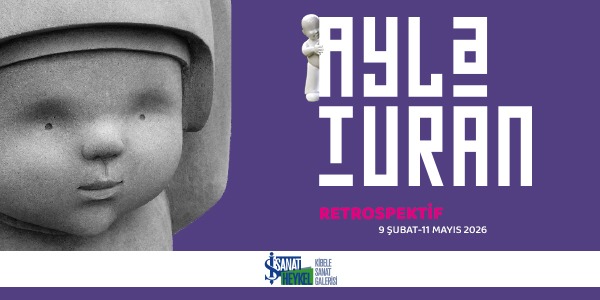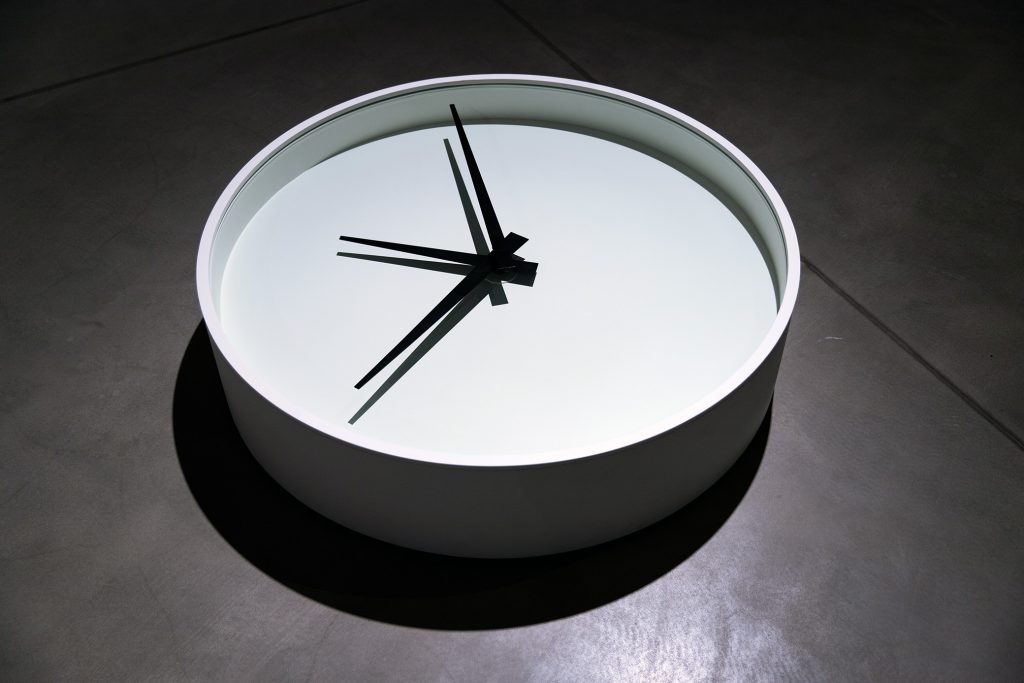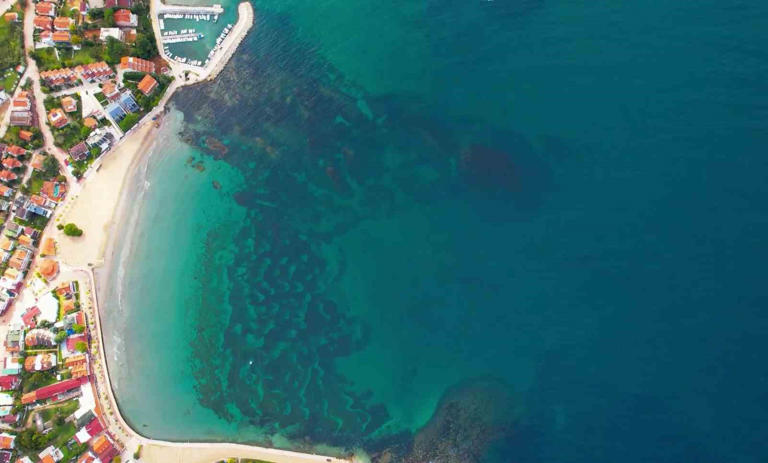Richard Serra, the sculptor whose monumental steel works epitomized the Minimalist art movement, passed away at the age of 85. The New York Times reported that Serra died on March 26 at his residence in Orient, New York, following a battle with pneumonia, as confirmed by the artist’s attorney.
Serra’s sculptures defined an era of artistic expression. Renowned for his colossal creations, he forged imposing artworks employing spirals, cubes, and cones crafted from steel. These imposing structures tower over spectators, imbuing them with a sense of intimidation.
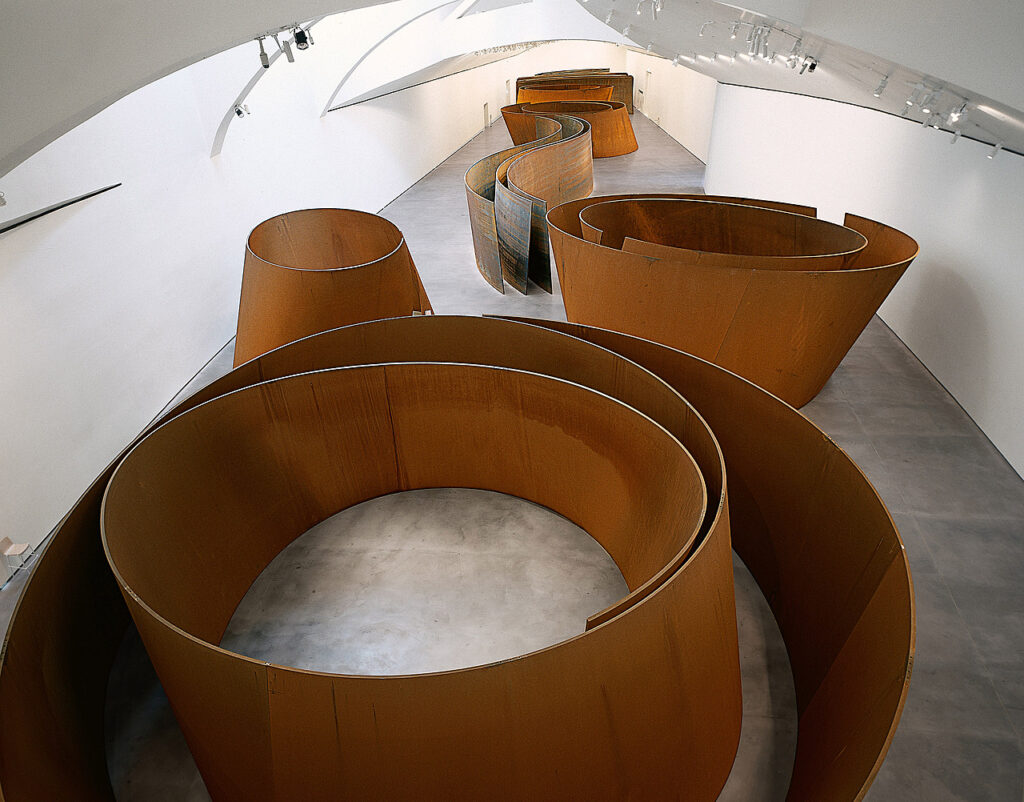
Photo: Guggenheim NY
Richard Serra, born in 1938 in San Francisco, led a remarkable journey through the realms of art and creativity. While working in steel mills to sustain himself, Serra pursued his education at the University of California, Berkeley, and Santa Barbara, earning a BA in English literature from 1957 to 1961. He then honed his painting skills at Yale University, New Haven, where he completed his BFA and MFA between 1961 and 1964. While at Yale, Serra collaborated with Josef Albers on his seminal work “The Interaction of Color” (1963) and encountered influential figures such as Philip Guston, Robert Rauschenberg, Ad Reinhardt, and Frank Stella.
In 1964 and 1965, Serra embarked on a Yale Traveling Fellowship to Paris, where he frequented Constantin Brancusi’s studio reconstruction at the Musée National d’Art Moderne. Subsequently, he spent a significant period in Florence on a Fulbright grant, exploring southern Europe and northern Africa. In 1966, he held his inaugural solo exhibition at Galleria La Salita, Rome, before relocating to New York later that year, where he became part of a vibrant artistic circle that included Carl Andre, Walter De Maria, Eva Hesse, Sol LeWitt, and Robert Smithson.
Serra’s nontraditional materials
Serra’s artistic evolution took diverse forms, as evidenced by his experimentation with nontraditional materials like fiberglass and rubber in his early sculptures. From 1968 to 1970, he embarked on the Splash series, utilizing molten lead to create dynamic works. By 1969, he had initiated the Prop series, characterized by elements balanced solely by gravitational forces. Throughout the early 1970s, Serra ventured into film and video experimentation alongside his sculptural pursuits.
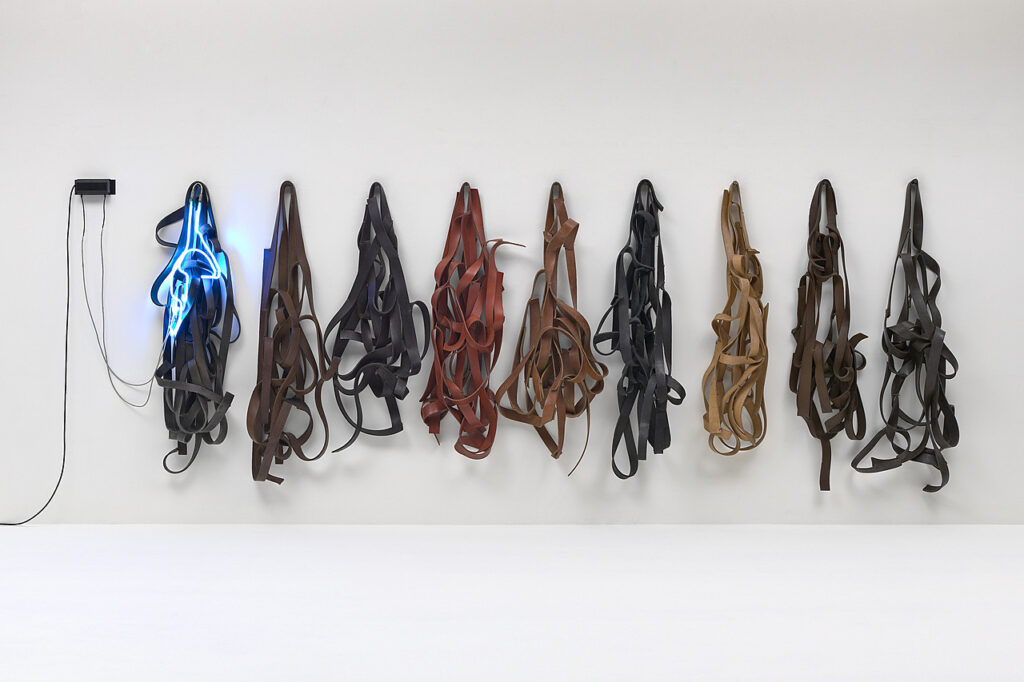
Photo: Guggenheim NY
Over the decades, Serra garnered widespread acclaim and recognition for his contributions to contemporary art. Solo exhibitions at esteemed institutions such as the Kunsthalle Tübingen in Germany (1978), the Musée National d’Art Moderne in Paris (1984), and the Museum of Modern Art in New York (1986) underscored his growing prominence. The 1990s witnessed further accolades, including retrospectives at the Bonnefantenmuseum in Maastricht and the Museo Nacional Centro de Arte Reina Sofía in Madrid, along with prestigious awards like the Praemium Imperiale and the Wilhelm Lehmbruck prize for sculpture.
Serra’s monumental steel structures, characterized by their monumental arcs, spirals, and ellipses, continue to captivate audiences worldwide. His Torqued Ellipses (1997) were prominently displayed and acquired by the Dia Center for the Arts in New York, while major installations at the Guggenheim Museum Bilbao in 2005 and a significant retrospective at the Museum of Modern Art in New York in 2007 further cemented his legacy.





